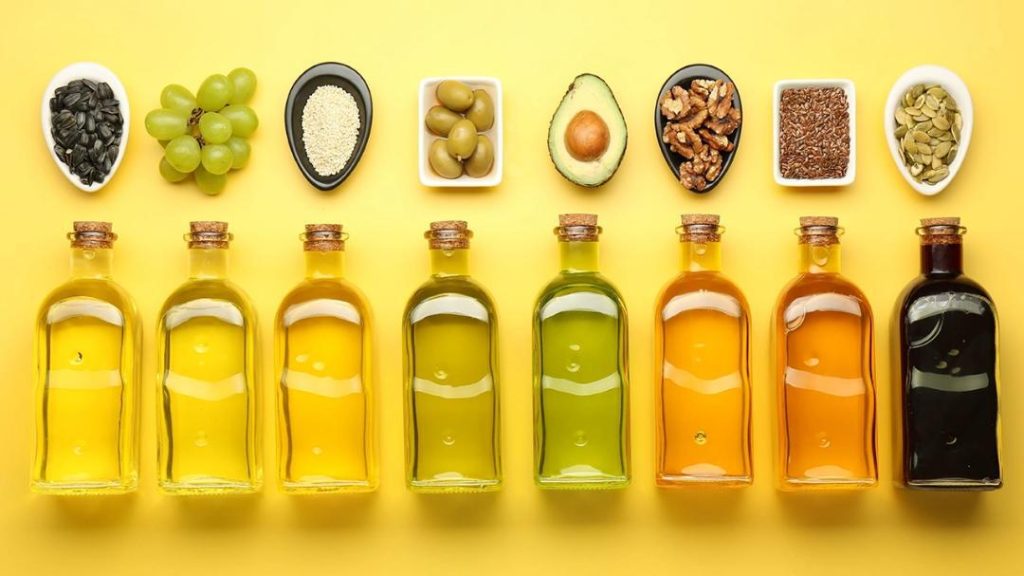
What do experts say about health hazards & benefits of seed oils?
Seed oils have been a staple in many households for their versatility and health benefits. From cooking to skincare, these oils have gained popularity in recent years. However, with great benefits come great concerns. Critics of seed oils claim that they contain toxic byproducts of hexane, a chemical considered hazardous in gaseous form. But do these concerns hold any truth? In this blog post, we’ll delve into the world of seed oils, separating fact from fiction, and exploring the expert opinions on their health hazards and benefits.
The Controversy surrounding Seed Oils
Seed oils, which include popular varieties like canola, sunflower, and grapeseed, contain unsaturated fatty acids. These oils are often extracted using a process that involves hexane, a chemical considered hazardous in gaseous form. Critics of seed oils claim that this process leaves behind toxic residues, which can have detrimental effects on human health. However, experts claim that the residue of hexane in seed oils is not a cause for concern.
Expert Opinions
In an interview with the Hindustan Times, Massachusetts University Food Science Professor Eric Decker addressed the concerns surrounding hexane in seed oils. According to Decker, the residue of hexane in seed oils is negligible and not a health hazard. “The levels of hexane residues in seed oils are extremely low, and there’s no evidence to suggest that they cause harm to humans,” he said.
Another expert, Ohio University Food Science professor, echoed similar sentiments. “Seed oils don’t increase acute or chronic inflammation markers,” they said. This statement suggests that seed oils do not contribute to the development of chronic diseases, such as heart disease, diabetes, or cancer.
Health Benefits of Seed Oils
Despite the controversy surrounding hexane, seed oils offer several health benefits. These oils are rich in essential fatty acids, which are vital for heart health. They help to reduce the levels of bad cholesterol in the blood, lowering the risk of heart disease. Seed oils are also rich in antioxidants, which help to protect the body from free radicals, reducing the risk of chronic diseases.
In addition to their health benefits, seed oils are also versatile and can be used in a variety of ways. They can be used for cooking, making salad dressings, or even as a finishing oil for soups and sauces. They can also be used in skincare products, where they help to moisturize and nourish the skin.
The Drawbacks of Seed Oils
While seed oils offer several health benefits, they are not without their drawbacks. Some seed oils, such as canola oil, may contain genetically modified organisms (GMOs), which can be a concern for those who prefer non-GMO products. Additionally, some seed oils may be processed using methods that involve high heat, which can damage the oil and reduce its nutritional value.
Another concern surrounding seed oils is their potential impact on gut health. While seed oils are rich in essential fatty acids, they are also high in omega-6 fatty acids, which can have a negative impact on gut health if consumed in excess.
Conclusion
Seed oils have been a staple in many households for their versatility and health benefits. While some critics claim that these oils contain toxic byproducts of hexane, experts argue that the residue of hexane in seed oils is negligible and not a health hazard. Seed oils offer several health benefits, including reducing the risk of heart disease and cancer, and can be used in a variety of ways.
However, it’s essential to choose high-quality seed oils that are processed using methods that minimize the risk of damage to the oil and its nutritional value. Additionally, consumers should be aware of the potential drawbacks of seed oils, including their potential impact on gut health and the presence of GMOs in some varieties.
Sources:






